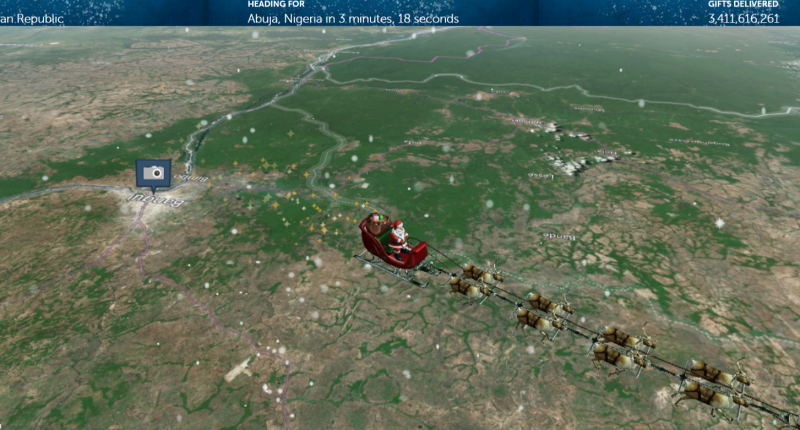The reason Christmas is called Xmas
It turns out we’ve got the Greeks to thank for that.
As we mentioned earlier, the word Khrīstos (the origin of the word Christ) appears as “Χριστός” when written in Greek.
The abbreviation Xmas is based on the first letter – chi, which appears as X – followed by “mas”; a shortened version of Mass.
There is an alternative theory that the use of Xmas stems from an attempt by some to remove the religious tradition from Christmas by removing the word Christ, but its use dates all the way back to the 16th century.
The history of Christmas, continued
Interestingly, early Christians actively rejected the celebration of Christ’s birth as they saw birthdays as a pagan ritual, followed in the bible by figures like the Pharaoh.
Easter and Pentecost (celebrated seven weeks after Easter to mark the descent of the Holy Spirit upon the Apostles and other followers of Jesus Christ) were the main occasions in the Christian calendar for ecclesiastical feasts until midway through the fourth century, when Christmas and Epiphany were added to the calendar.
December 25 was then established as the Nativity Feast Day (not necessarily the day Jesus was born – but that’s another story) and the official ‘Nativity Mass’ was the first Mass of the day, held at 9 am.
As time passed, the celebration of Christmas became more popular – and so too did the liturgical practices that went with it.
Christmas Mass became a central fixture in the church calendar, which led to the day becoming known as Christ’s Mass by the 11th century.
The history of Christmas
Some people would assume the term Christmas originates from the word Christ, as the whole idea of Christmas is to celebrate the birth of Jesus.
To a point that is the case – the word is a shortened form of “Christ’s mass”, or “Cristes Maesse” as it was first recorded in 1038.
This was followed by the term Cristes-messe in 1131, according to The Catholic Encyclopedia.
The term “Christ” – or Crīst as it originally read – comes from the Greek word Khrīstos, a translation of the Hebrew word Messiah, which means “anointed”.
The second part of Christmas – messe – is a version of the Latin word missa, the celebration of the Eucharist tradition of eating bread and drinking wine in memory of Jesus.
This is also called Holy Communion and the Lord’s Supper.
What to know about Christmas superstitions, concluded
Below are some more Christmas superstitions you should know about.
- Christmas carolers should always be welcomed with offerings of food or drink, or else you will suffer from misfortune
- Holly was believed to ward off witches and evil, which is why we use it to decorate at Christmas
- Snow on Christmas means green grass come Easter
- Winds on Christmas mean good omens will soon follow
- A piece of mistletoe under your pillow on January 6 will reveal to you the face of your ‘true love’ while you sleep
- Also, if you are approached for a kiss under the mistletoe, and you turn away, you will come across misfortune








